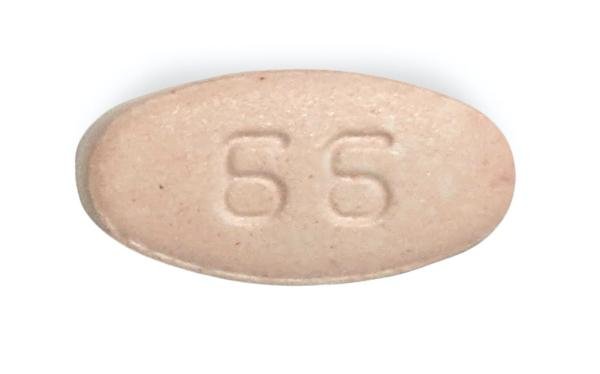Zileuton Disease Interactions
There is 1 disease interaction with zileuton.
Zileuton (applies to zileuton) liver disease
Major Potential Hazard, High plausibility. Applicable conditions: Alcoholism
The use of zileuton is contraindicated in patients with active liver disease or transaminase elevations >= 3 times the upper limit of normal (ULN). Zileuton is primarily metabolized by the liver and may accumulate in patients with hepatic impairment. In addition, zileuton may cause elevation of serum transaminases, usually during the first two months of therapy but in a few cases, after treatment has been discontinued. During clinical trials, the overall rate of ALT (SGPT) elevation >= 3 times the ULN in patients treated with zileuton was 3.2%. The manufacturer recommends periodic monitoring of hepatic transaminases. Serum ALT should be evaluated prior to starting treatment, once a month for the first three months, every 2 to 3 months for the remainder of the first year, and periodically thereafter for patients receiving long-term zileuton therapy. If clinical signs and/or symptoms of liver dysfunction occur or transaminase levels increase to 5 times the ULN, treatment should be stopped, and transaminase levels followed until normal. Because of the potential hepatotoxicity, zileuton should be used with caution in patients with a history of liver disease or alcoholism.
Switch to professional interaction data
Zileuton drug interactions
There are 172 drug interactions with zileuton.
More about zileuton
- zileuton consumer information
- Check interactions
- Compare alternatives
- Pricing & coupons
- Reviews (8)
- Drug images
- Side effects
- Dosage information
- During pregnancy
- Drug class: leukotriene modifiers
- Breastfeeding
- En español
Related treatment guides
Drug Interaction Classification
| Highly clinically significant. Avoid combinations; the risk of the interaction outweighs the benefit. | |
| Moderately clinically significant. Usually avoid combinations; use it only under special circumstances. | |
| Minimally clinically significant. Minimize risk; assess risk and consider an alternative drug, take steps to circumvent the interaction risk and/or institute a monitoring plan. | |
| No interaction information available. |
Further information
Always consult your healthcare provider to ensure the information displayed on this page applies to your personal circumstances.


